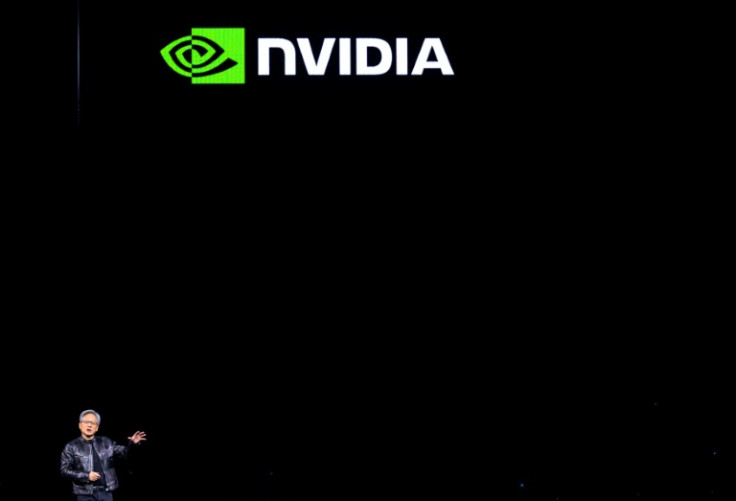Why Stocks Are Rallying To New Highs, Defying High Interest Rates

Last week, the rally in U.S. stocks persisted as all major equity averages surged to or near all-time highs while interest rates remained elevated.
The S&P 500 closed at 5,303.27, up 1.60% for the week; the Dow Jones was at 40,003, up 1.25%; and the tech-heavy Nasdaq was at 16,685.97, up 2.10%.
Over the last 12 months, the S&P 500 has increased 26.30%, the Dow Jones has risen 19.30%, and the Nasdaq index has advanced 31.50%. The popular stock market indexes have been rallying to new highs despite the increase in interest rates.
The benchmark 10-year Treasury bond yields have increased from 3.70% last May to 4.42% last week, reaching a high of 5% in October. The primary reason behind this "hated" rally in equities is robust earnings growth from a few technology companies that weigh heavily on the performance of equity indexes.
For the first quarter of 2024, the S&P 500 is expected to report earnings growth of over 8%, excluding the earnings from Bristol Myers Squibb, according to FactSet, which monitors the companies' earnings in the popular equity index.
The top five contributors to the earnings growth of the S&P 500 are five companies: NVIDIA, Alphabet, Amazon.com, Meta Platforms, and Microsoft, part of the "Magnificent 7" group. "Excluding these five companies, the S&P 500 would be reporting a year-over-year earnings decline of -2.4% rather than earnings growth of 5.4% for Q1," said John Butters, Vice President of FactSet.
Earnings growth in the Magnificent 5 group came despite rising Treasury bond yields for several reasons.
First, these companies have an excellent balance sheet with ample cash, which often exceeds their debt obligations. For example, Meta has $58 billion in cash and $37 billion in debt, while Alphabet has $108 billion in cash and $28 billion in debt.
Thus, high interest rates are a tailwind rather than a headwind for their bottom lines.
Second, strong U.S. economic growth and a solid labor market have placed the U.S. economy into a virtuous growth cycle. A strong economy generates jobs, which generate income. Income fuels consumer spending, which brings further growth, aiding corporate earnings.
Third, the Magnificent 5 has plenty of barriers to entry, "moats," to defend its competitive advantage. For instance, Microsoft has a strong global brand, enjoying economies of networking. Windows has a 76.33% market share in the global operating system market, with over 1 billion Windows users worldwide. Economies of network and "lock-in" relations with users make it almost impossible for competition to invade its market.
"Moats" have helped the Magnificent 5 deliver high Economic Value Added (EVA). That's the difference between the return on invested capital (ROIC) and the weighted average cost of capital (WACC) multiplied by the invested capital.
Economists view WACC as the "normal profit" of investing, which is what investors can earn by investing their money in equity and debt funds that match the performance of popular market indexes. Thus, EVA is a measure of superior market returns — returns more than the opportunity cost of capital.
The Magnificent Five have delivered strong EVA numbers. In the past five years, Microsoft's EVA has soared by 640%, while Nvidia's has risen by 743%. These gains have surpassed the market gains of the two companies during this period, indicating that their shares may still be undervalued.
Fourth, the Magnificent 5 are at the forefront of the AI revolution. It could help perpetuate their competitive edge, solid earnings, and EVA gains, leading market averages to new highs.
"We are living through the fourth innovation boom since the 1960s tied to AI, automation, and profitability," said Scott Helfstein, SVP and Head of Investment Strategy at Global X. "Those booms worked out well for companies and stocks in the past."
Helfstein sees the current rally as having a long way to go before it's over. "Expansion to new highs usually lasts two years and delivers returns of 50%," he said, adding, "This market broke out to a new all-time low just a few months ago. We should see more new highs and milestones. Companies have just delivered 12 straight quarters of 12% margins. Investors should expect to pay up if that is the new normal."
(Disclosure: The author owns shares of Microsoft, Alphabet, Meta, and Amazon.)
© Copyright IBTimes 2024. All rights reserved.





















